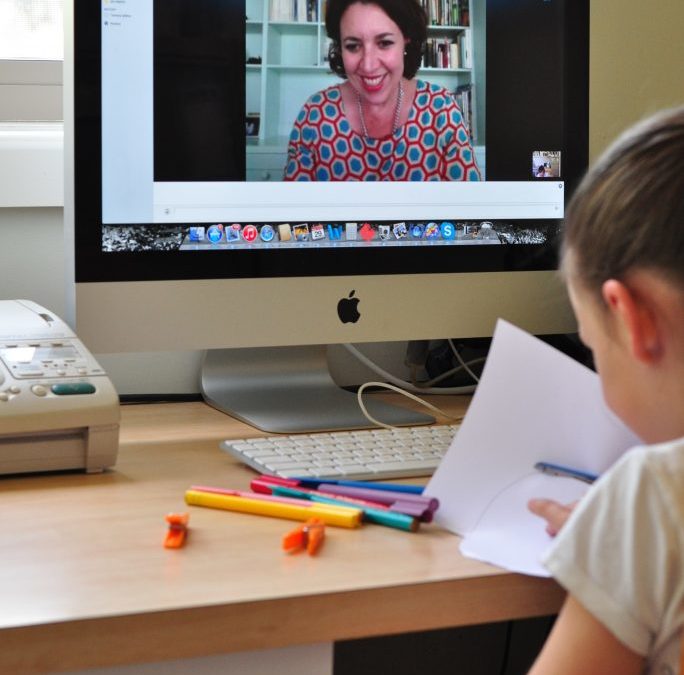The transition back to school after a break can be challenging for any child, but it can be particularly daunting for neurodiverse children. Preparing them for this change is an important step in ensuring a smooth return to the classroom. Some of our amazing team of experienced practitioners have put together these valuable tips and strategies to help parents and caregivers support children in getting ready for the school year.
Open Communication:
Open and frequent conversations are key when preparing children for the school year ahead. Discuss what they can expect, who their teachers will be (if you know in advance), and any changes in routine.
Address their concerns and provide reassurance to help reduce anxiety. Encourage them to ask questions and express their feelings.
Visual Calendar:
Visual aids can be very useful for understanding time and schedules. Create a calendar together with your child and mark off the days leading up to the first day of school.
This visual representation of time passing can help your child grasp the concept and reduce anxiety associated with the start of the school year.
Transition to Your School Morning Routine:
Transitioning from a relaxed school holidays schedule to the structure of school mornings can be tough. Start with adjusting your child’s wake-up time gradually, so they can gradually acclimatise to their school morning schedule.
Practising the morning routine a few times before school starts can make the transition smoother. Consider using visual schedules to outline the steps from getting dressed to leaving for school to support your child’s independence.
Prepare a Student Profile:
Create a profile outlining your child’s strengths, areas for development, supports required, sensory sensitivities, dietary restrictions, and any other essential information for school staff.
You can involve your child in this process to make it more engaging and personal. Share this document with your child’s teacher, aides, and anyone else who interacts with your child to ensure a supportive environment.
Alternative and Augmentative Communication Devices:
If your child uses an alternative and augmentative communication (AAC) system, it’s crucial to ensure that all adults in the classroom are familiar with it.
It can help to develop a plan to ensure that everyone in your child’s school support circle is comfortable using the system/s within the first few weeks of school.
Sensory Support:
For children with sensory processing issues, having comforting sensory items can be invaluable. Ensure that your child has access to their favourite sensory items from the very first day of school. These items can provide comfort and help them cope with sensory overload and assist in your child achieving an optimal state for learning
Preparing neurodiverse children for a successful return to school requires careful planning, open communication, and a supportive environment. By following these tips, parents and caregivers can help their children navigate the transition with confidence and ease. Remember that every child is unique, so tailor your approach to your child’s specific needs and preferences. With the right support and preparation, neurodiverse children can thrive in their educational journey.




